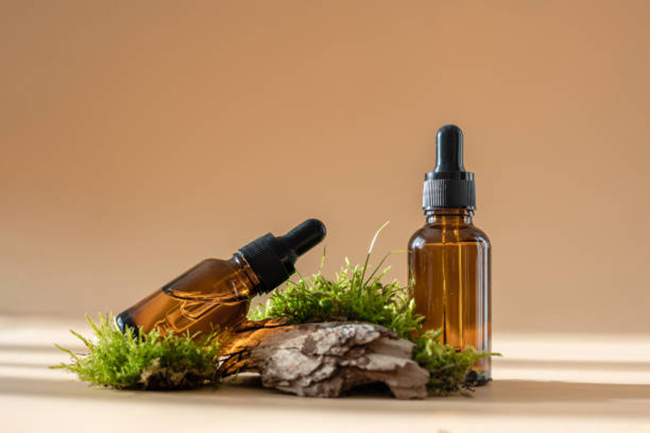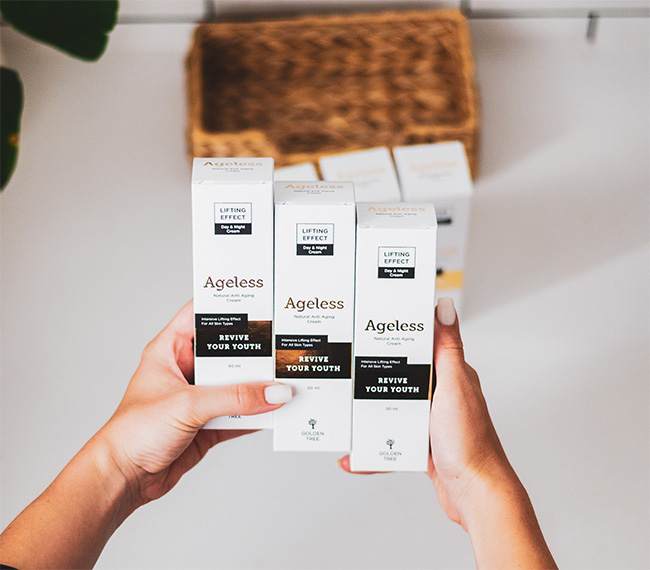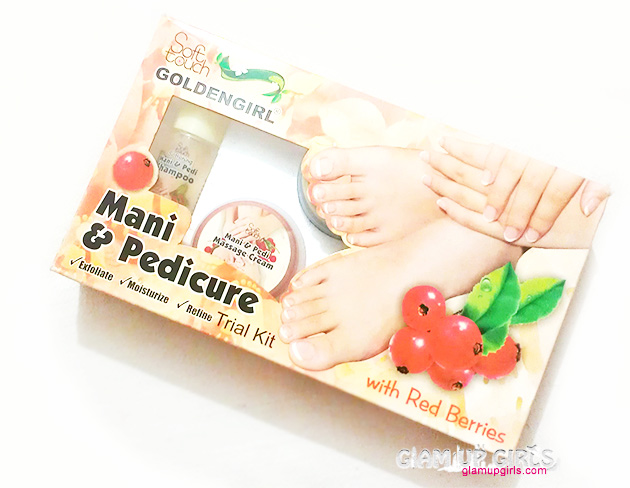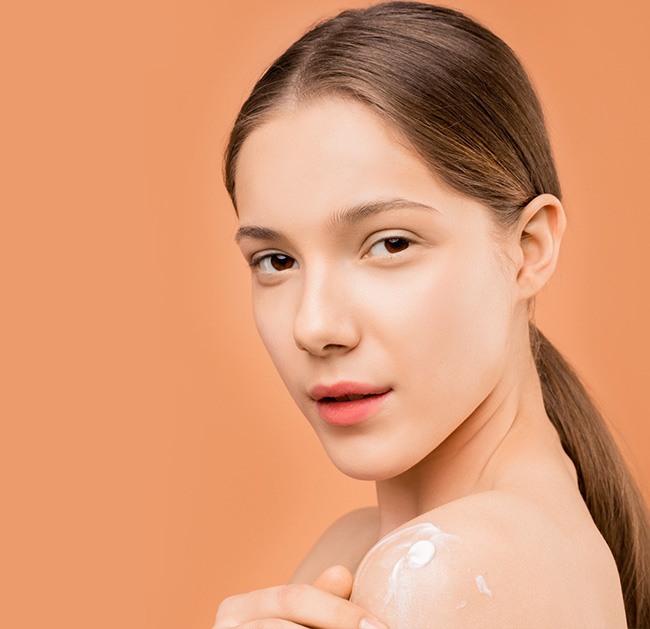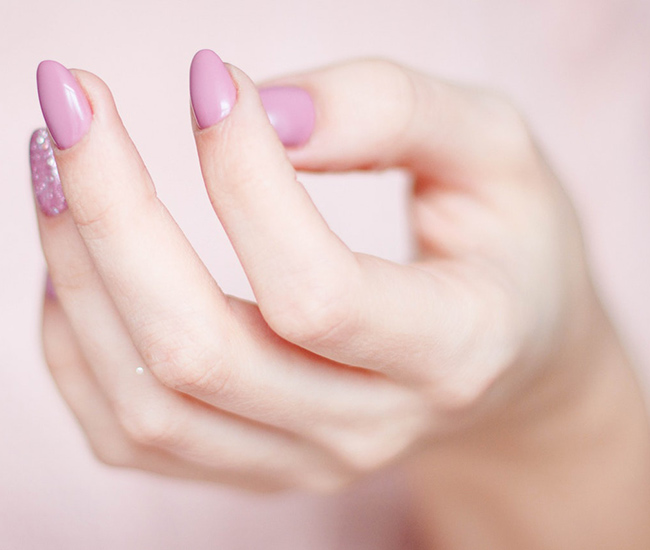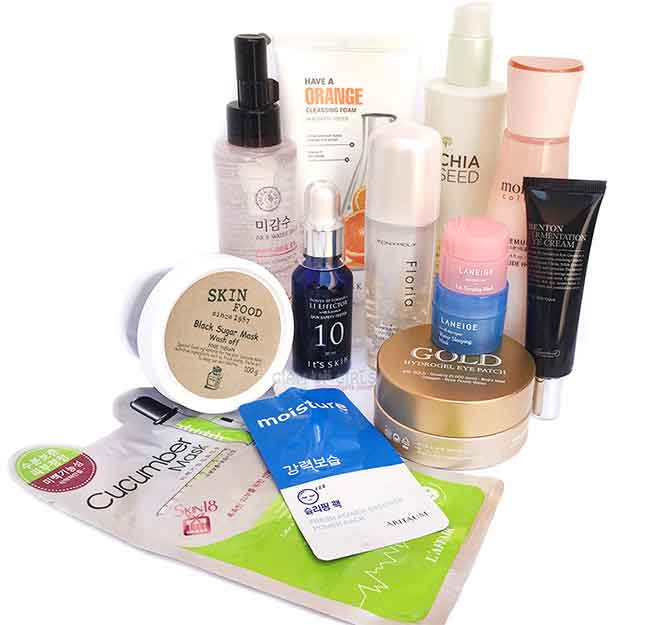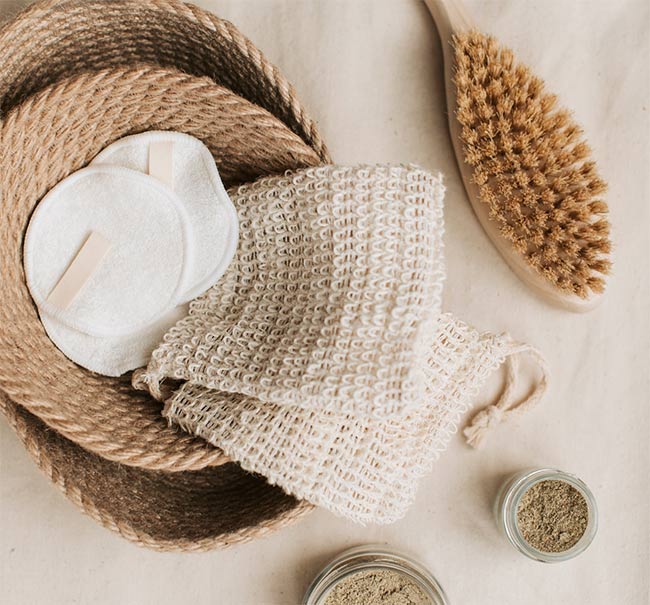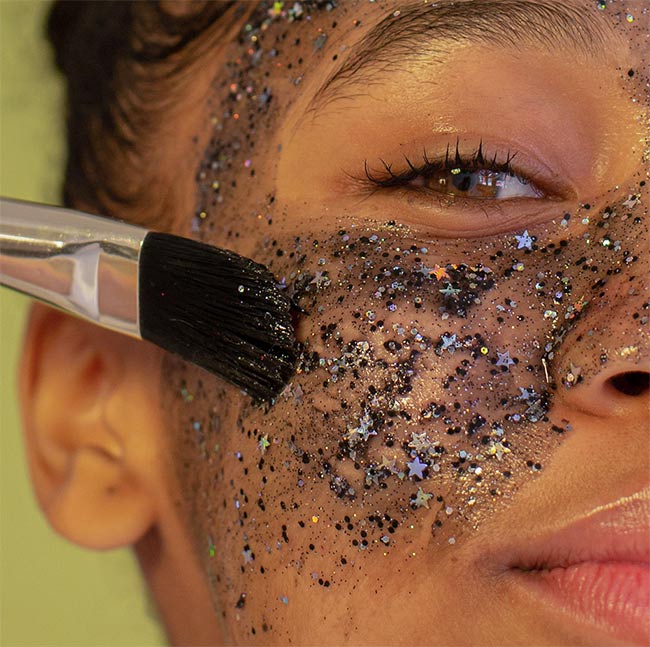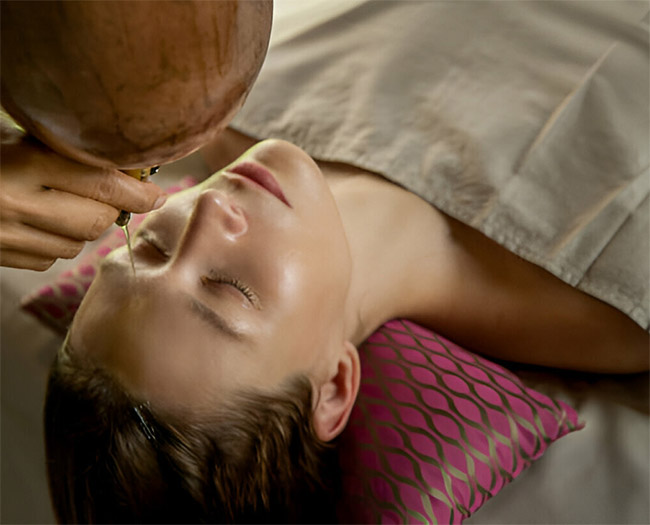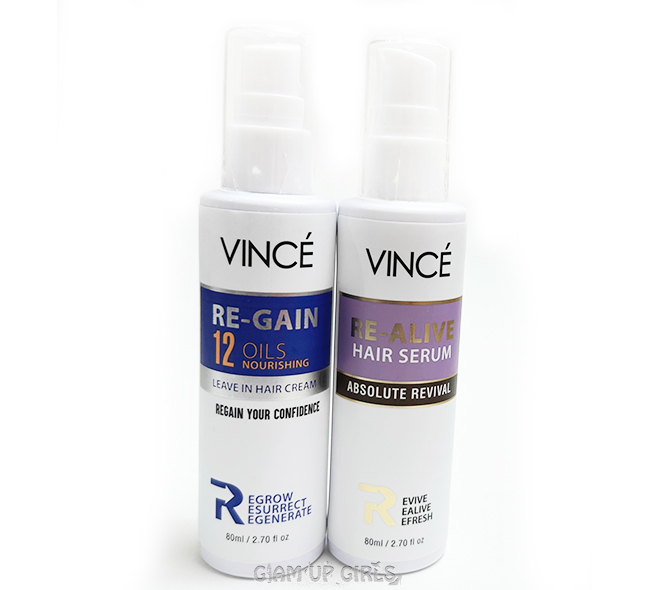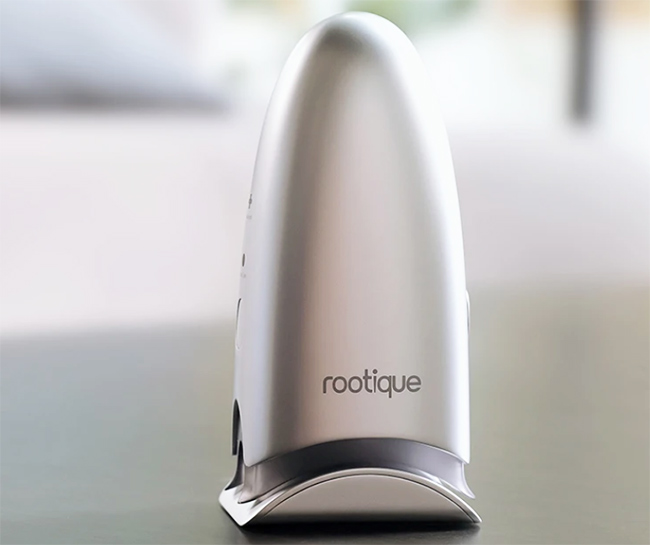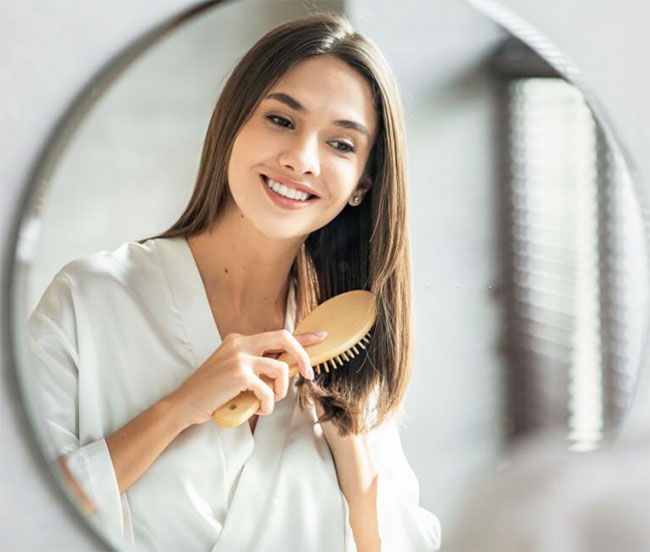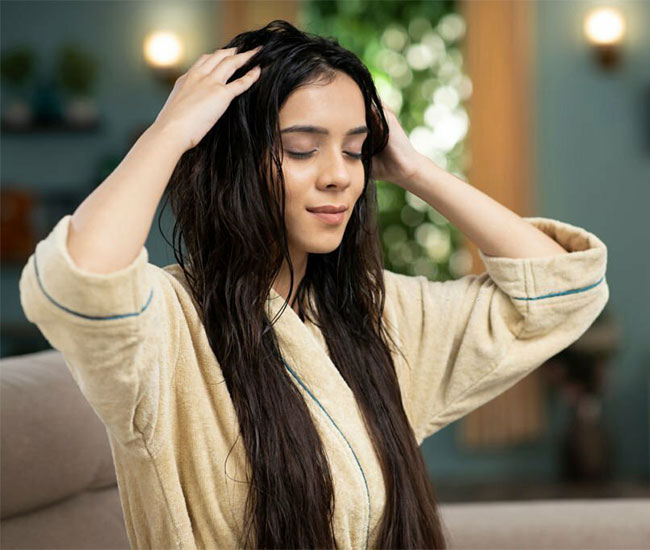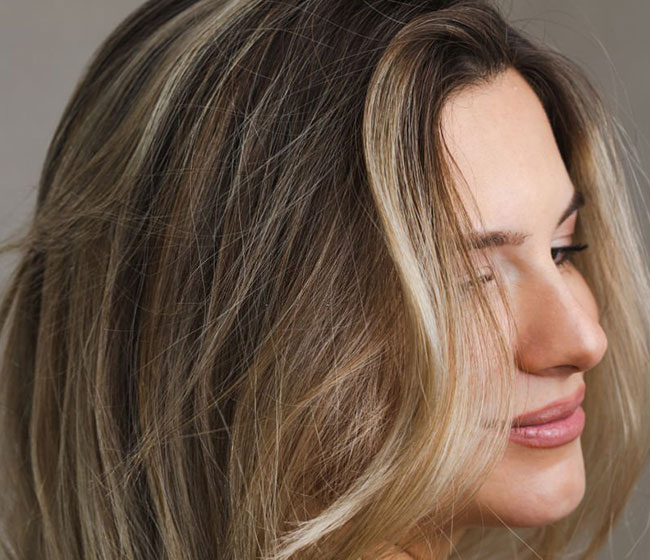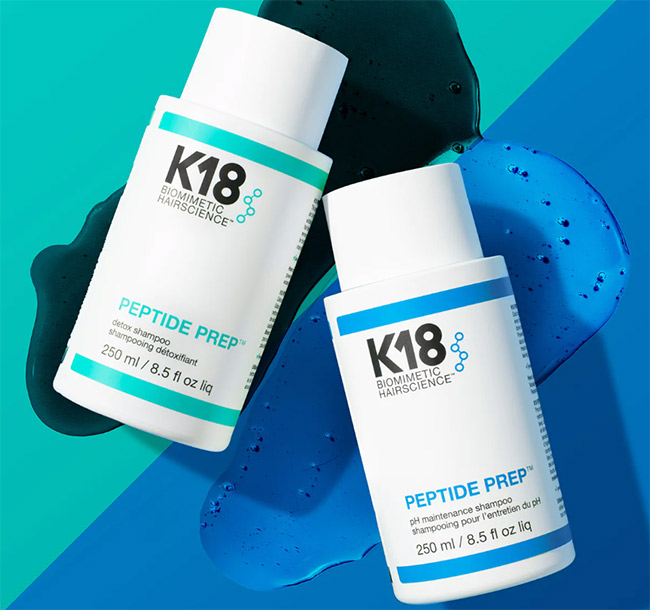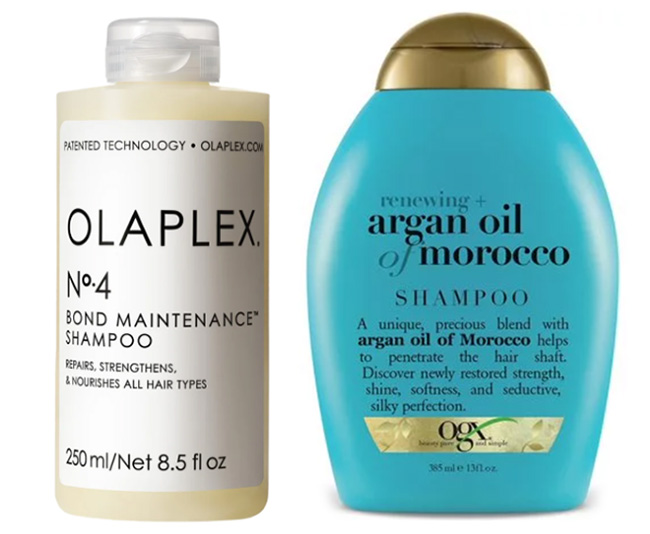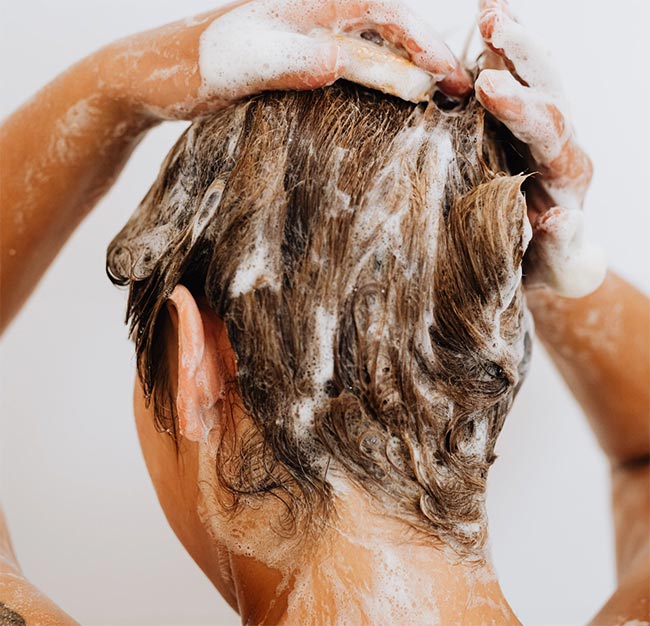Let me tell you the step-by-step process of using tea tree oil for dry scalp and restore a healthy, balanced condition to your hair and scalp. From understanding the causes of dry scalp to exploring the unique properties of Tea Tree oil, I'll equip you with the knowledge and techniques to effectively combat this common issue.
How To Use Tea Tree Oil for Dry Scalp
Using tea tree oil for dry scalp requires a careful and proper approach to ensure effective results. Here is a step-by-step guide on how to use Tea Tree oil for dry scalp:
Step 1: Choose a high-quality Tea Tree oil: Look for 100% pure Tea Tree oil from a reputable brand. Ensure that it does not contain any additives or fillers.
Step 2: Dilute the Tea Tree oil: Tea Tree oil is highly concentrated and can be harsh on the scalp if used undiluted. Mix a few drops of Tea Tree oil with another oil like rosemary hair oil or carrier oil such as coconut oil, jojoba oil, or almond oil. The recommended ratio is 2-3 drops of Tea Tree oil per tablespoon of carrier oil.
Step 3: Perform a patch test: Before applying the diluted mixture to your entire scalp, perform a patch test on a small area of your skin. Apply a small amount of the diluted mixture on the inside of your wrist or elbow and wait for 24 hours. If you do not experience any adverse reactions, it should be safe to proceed.
Step 4: Section your hair: Divide your hair into sections to make it easier to apply the oil to the scalp. Use clips or hair ties to secure the sections.
Step 5: Apply the mixture to the scalp: Using your fingertips or a cotton ball, gently apply the diluted Tea Tree oil mixture directly to the scalp. Massage the oil into the scalp using circular motions. Pay attention to areas with dryness, flakiness, or itchiness.
Step 6: Leave it on: Allow the Tea Tree oil mixture to sit on your scalp for at least 30 minutes to an hour. You can cover your head with a shower cap or towel to enhance absorption.
Step 7: Shampoo and rinse: After the designated time, wash your hair with a mild, sulfate-free shampoo. Thoroughly rinse your hair to remove any residue.
Step 8: Repeat as needed: Depending on the severity of your dry scalp, you may need to repeat this process 1-2 times per week until you notice an improvement. Once your scalp condition improves, you can reduce the frequency of use.
Note: Tea Tree oil may not be suitable for everyone, especially those with sensitive skin or allergies. If you experience any adverse reactions, discontinue use and consult a healthcare professional.
By following this step-by-step guide, you can effectively harness the soothing and antifungal properties of Tea Tree oil to combat dry scalp and restore the health of your scalp and hair. Remember to use Tea Tree oil in moderation and always perform a patch test before applying it to your entire scalp.
Benefits of Tea Tree Oil for Dry Scalp
Tea Tree oil offers several benefits when it comes to treating dry scalp. Here are some of the key advantages:
- Natural Moisturization: Tea Tree oil has moisturizing properties that can help hydrate the scalp and alleviate dryness. It works by nourishing the scalp and restoring its natural moisture balance, reducing flakiness and itchiness associated with dry scalp.
- Anti-inflammatory Effects: Dry scalp often accompanies inflammation and irritation. Tea Tree oil has anti-inflammatory properties that can help soothe the scalp, reduce redness, and alleviate discomfort caused by dryness.
- Antifungal and Antimicrobial Properties: Dry scalp can sometimes be caused by fungal or microbial overgrowth. Tea Tree oil possesses powerful antifungal and antimicrobial properties that can help combat fungal or bacterial infections on the scalp, promoting a healthier environment for hair growth.
- Reduction of Flakiness and Itching: The antifungal and antiseptic properties of Tea Tree oil help reduce flakiness and itching caused by dry scalp conditions like dandruff or seborrheic dermatitis. Regular use of Tea Tree oil can help minimize these symptoms and provide relief.
- Improved Scalp Health: Tea Tree oil can improve overall scalp health by unclogging hair follicles and removing excess oil, dead skin cells, and buildup. This can promote a cleaner and healthier scalp environment, reducing the likelihood of dry scalp.
- Hair Conditioning: Tea Tree oil can also have a conditioning effect on the hair. By moisturizing the scalp and hair follicles, it can help improve the overall texture and appearance of the hair.
It's important to note that Tea Tree oil should be used with caution and in proper dilution to avoid skin irritation. Perform a patch test before using it on your scalp and discontinue use if any adverse reactions occur. Consulting a healthcare professional or dermatologist is recommended if you have any underlying scalp conditions or concerns.
Overall, Tea Tree oil is a valuable natural remedy for treating dry scalp. Its moisturizing, anti-inflammatory, antifungal, and antimicrobial properties make it an effective solution for alleviating dryness, flakiness, itching, and scalp irritation. By incorporating Tea Tree oil into your hair care routine, you can restore moisture balance, promote scalp health, and enjoy relief from the discomfort of dry scalp conditions. However, it's important to use Tea Tree oil in proper dilution, perform a patch test, and discontinue use if any adverse reactions occur. With its numerous benefits, Tea Tree oil offers a natural and holistic approach to achieving a healthy and nourished scalp.

